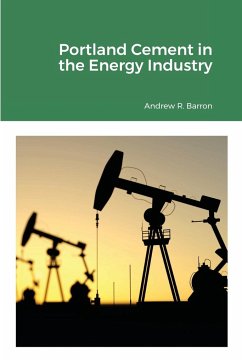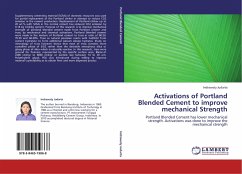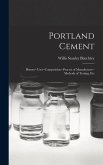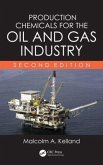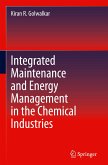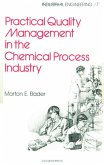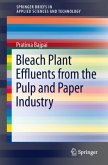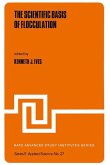Portland Cement (or simply "cement") is the single most commonly used building material in the world today. Applications relating to the energy services industry are the primary focus of this work. In particular, the book is aimed at providing a primer for engineers in the oil industry. A knowledge of cement chemistry and the setting characteristics as well as strength development and retarder kinetics is of crucial importance to a successful "cement job". This was nowhere more obvious when it was decisions over cement stability that ultimately led to the deadly explosion on the Deepwater Horizon rig on 20 April 2010, while drilling at the Macondo Prospect.
Hinweis: Dieser Artikel kann nur an eine deutsche Lieferadresse ausgeliefert werden.
Hinweis: Dieser Artikel kann nur an eine deutsche Lieferadresse ausgeliefert werden.

